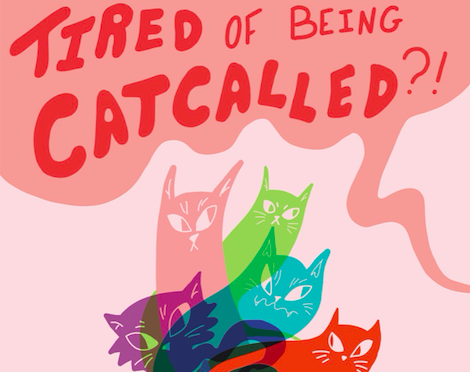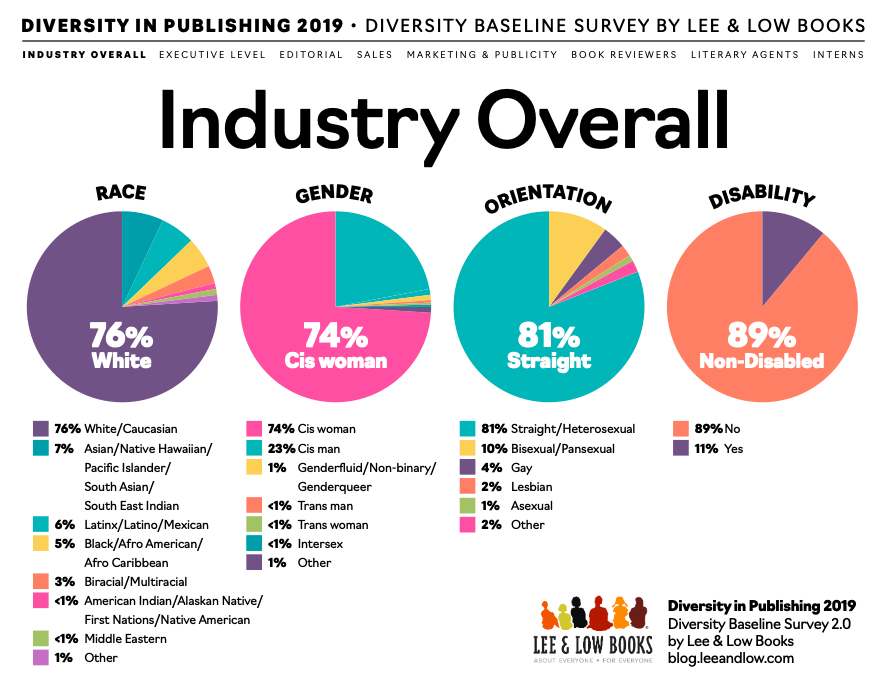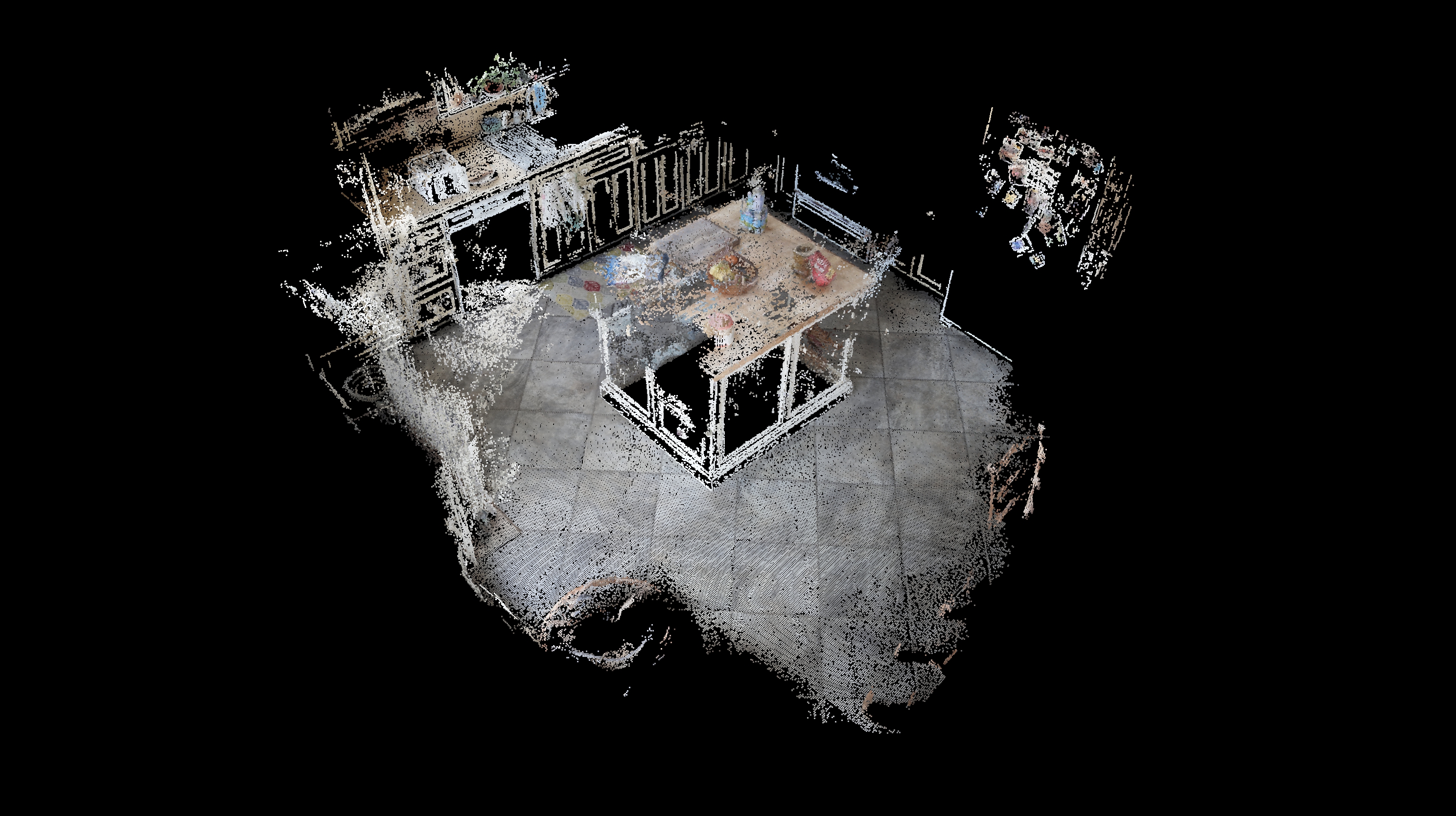Senior Honors Thesis 2020

This project activated my original thesis––an exploration of the distinct and disturbing
effects street harassment has on adolescent girls and trans* women––into social action.
The website catcallandresponse.com galvanized victims of catcalling to mobilize against
this behavior via video submissions. These responses coupled with sobering data around
catcalling inform a short film meant to raise awareness and empower women.
Read Eve's Thesis
Catcall and Response
Watch Eve's Video

My thesis examines compulsory heteronormativity in Divergent and The Hunger Games. The honors thesis extends this work by celebrating contemporary, intersectional
queer young adult fiction by conducting author interviews, researching the genre’s
chronology, and reading in the canon. To showcase this literary genre, I created a
virtual exhibit that will work in tandem with a physical exhibit at the Lucy Scribner
Library to spotlight queer young adult fiction—a sub-genre depicting queerness as
legitimate identity.
Read Liza's Thesis
Check Out Her Exhibit

Using a combination of representational and close-reading analyses, my senior seminar
paper analyzes representations of queer teens in three televisual texts—Riverdale, The Society, and Pretty Little Liars: The Perfectionists—specifically the physical intimacy allowed or alternately forbidden in the name of
decency. My honors thesis project attempt to remedy these gaps by writing an original
teen drama pilot that aims to create a world in which all teen characters, regardless
of sexuality, are equal.
Read Adam's Thesis
Read Adam's Screenplay

The myth of the self-made man is foundational to the United States. Over time, this
previously gendered myth has morphed to accommodate certain groups (females especially)
and to exclude others (the less socio-economically fortunate). This paper tracks this
mythology and examines how Lincoln Logs and American Girl Dolls both altered and reaffirmed
the myth, encouraging adaptations to its basic formula while simultaneously teaching
its most impressionable consumers, children, what it means to be self-made in America.
Read Charlotte's Thesis

In an exploration of the architecture of my childhood, The Invisible Home guides the reader through the various rooms of my family’s house, contemplating the
practices and products of each space. Along the way, the thesis explores questions
of alienation and representation, contemplating how, in a postindustrial globalized
society, we should best understand the implications of our domestic lives. The paper
is accompanied by a virtual reality project, mapping the home’s spaces digitally,
offering an interactive counterpart to the intellectual themes of the paper.
Read Ben's Thesis